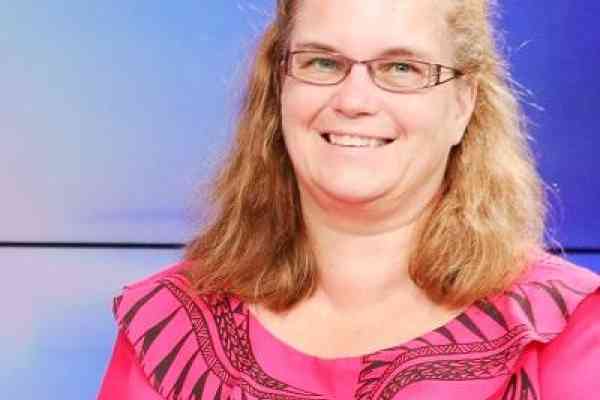This content was originally published on ACER website.
Recent study reveals that teachers in the Pacific Islands are experiencing challenges to their mental health and wellbeing.
It is increasingly understood that the mental health and wellbeing of teachers play a critical role in their ability to teach. Teacher wellbeing can be affected by many things, including external factors that are beyond their control.
In recent years, a range of external factors such as natural disasters, epidemics and the COVID-19 pandemic have negatively impacted school communities in the Pacific Islands. It is for this reason that the fourth cycle of the Pacific Islands Literacy and Numeracy Assessment (PILNA) administered in 2021 included – for the first time – contextual questionnaires on teacher wellbeing.
Administered by the Pacific Community’s (SPC) Educational Quality and Assessment Program (EQAP), PILNA measures the literacy and numeracy skills of students who have completed 4 and 6 years of basic education in the Pacific. The Australian Council for Educational Research (ACER) has been the technical partner since the second cycle of PILNA in 2015. PILNA is the largest education assessment in the region, with participation from 15 Pacific Island countries.
PILNA 2021 found that despite teachers reporting confidence and general satisfaction in their work, there were notable challenges to their wellbeing. Alarmingly, on average across the region, 80 per cent of students had teachers who frequently experienced stress and 65 per cent were overwhelmed by their job.
About 50 per cent of students had teachers who reported sometimes not having enough time to meet their own basic wellbeing needs because of their jobs. Similarly, 36 per cent of students had teachers who believed their job was having an adverse effect on their physical health and 36 per cent on their mental health.
Encouragingly, 95 per cent of students have teachers with very high satisfaction and pride in their jobs. This suggests that while teachers were experiencing challenges and stress, they were generally happy in their profession and found the work both meaningful and inspiring. Most students also had teachers who frequently felt that they would continue teaching for as long as possible, indicating both satisfaction and engagement in their profession.
Teachers described 1 in 3 students across the region as having behavioural issues, a lack of basic knowledge and skills, and difficulty focusing attention and concentration. Approximately 80 per cent of students had teachers feel they have enough space in their classrooms for their students to work and enough time to complete lessons in reading, writing and numeracy.
Access to textbooks and time to support slow learners emerged as 2 potential challenges for teachers. On average, only 1 in 3 students have access to their own textbooks, and 1 in 3 teachers feel they do not have time to work with students who are slow learners.
Gender, age, teaching experience and highest qualification were analysed against the responses of teachers to the wellbeing questions. The results show that students with teachers over the age of 35 reported worse wellbeing than those under 35. Teachers with more than 10 years of teaching experience also reported that their wellbeing was worse compared to those with less than 10 years of experience.
The questions on teacher wellbeing are an important addition to PILNA 2021 that indicate the need for additional programs to support teachers. As well as more time for teachers to provide support to their students and complete their work, the findings suggest that they would benefit from professional learning on more difficult aspects of the curriculum. Ultimately, it is likely that ensuring that teachers feel positive and addressing some of the challenges to their wellbeing will increase their capacity to drive greater student outcomes.
These findings are now being disseminated to all of the participating Pacific Island countries to aid in generating interventions that could improve teachers’ wellbeing across the region.
Further reading
Read the PILNA 2021 report.
Learn more about PILNA.


